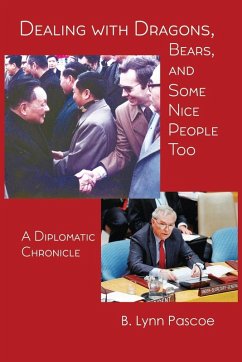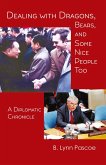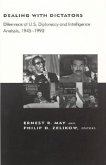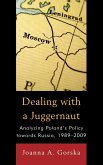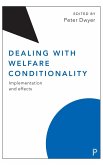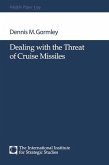This book is a candid insider's take on issues at the core of U.S. foreign policy. Lynn Pascoe writes about momentous events he participated in, giving historians and people interested in U.S. foreign policy a primary source and firsthand perspective on some of the most critical events of the times. He describes the dramatic changes in China, the Soviet Union/Russia, and Southeast and Central Asia and his efforts to invigorate the United Nations' management of conflicts around the world. Pascoe covers tensions in Beijing, the stalling of Kissinger's China diplomacy, the later establishment of formal diplomatic ties, and the fallout from the brutal 1989 Tiananmen Massacre. In the mid-1990s Pascoe led our pseudo-embassy in Taiwan as it developed its democracy, built a thriving economy during the island's "golden age," and weathered a serious missile threat from Beijing. He analyzes the U.S.-Soviet conflicts in the eighties and the transformation of the relationship after Gorbachev's rise to power. Following the monstrous tsunami that killed over 170,000 people in Indonesia's Aceh Province, Ambassador Pascoe led the massive U.S. civilian and military efforts to help alleviate the terrible tragedy. On retirement, he assumed the high-profile job of Under-Secretary-General for Political Affairs at the United Nations. Secretary-General Ban Ki-moon tasked him to transform the UN's Political Department into the leading world actor easing local conflicts around the world. He recounts in frank detail the successes and failures of the new approach.
Hinweis: Dieser Artikel kann nur an eine deutsche Lieferadresse ausgeliefert werden.
Hinweis: Dieser Artikel kann nur an eine deutsche Lieferadresse ausgeliefert werden.

